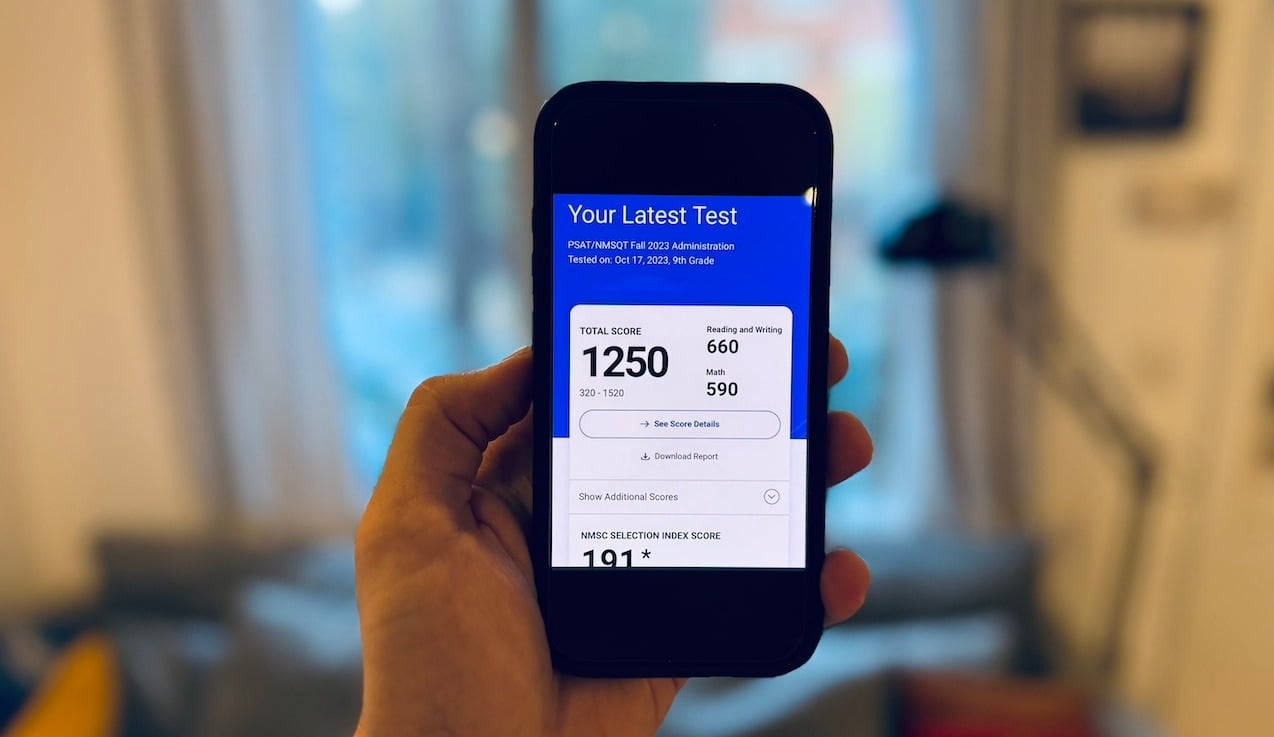AP exams are months away, but the uncertainty of whether students are going to be fully prepared for them is already on the minds of everyone.
The College Board recently announced that unlike last year, students will be tested on the "full course content." AP teachers are scrambling as many high schools have dealt with changing schedules, late starts to the school year, and not as much time to get through the curriculum.
Should students take these exams, regardless of whether all of the content was taught in a well-paced manner?
Well, some students don't have a choice. Many high schools in the U.S. require students to take the AP exam if they take the corresponding AP class. Why? It has a lot to do with high school rankings. For example, U.S. News Best High School Rankings uses the percentage of students taking AP exams at a high school and the average scores in its methodology. I urge high schools that require students to take the AP exam (if the AP class is taken) to consider allowing students to choose what is best for them.
Even if a high school doesn't require a student to take the AP exam, there is pressure on students to not only follow through, but score high on these exams. Oftentimes, students will ask me, "Won't the colleges think I did even worse than I did if I don't report the scores?" My answer to them is always the same: "Let them think what they want. They can't hold a lower score against you if they don't see it."
That's right. AP scores are never required for admission. So as much as high schools and students believe these exams are the be all, end all, they are not. I always encourage a student to share high scores, but not feel pressure to report lower scores in the admissions process. It is possible that a 3 or a 4 could actually hurt a student, especially at a highly selective college. But even if the student doesn't report the AP scores on their applications, they could still get some type of credit or advanced standing at the college where they plan to enroll. The student doesn't have to provide an official score report until they deposit at that college.
Read More - Friendly Reminder: AP Stands for Advanced Placement, Not College Admissions
So what happens if a student knows that it is in their best interest to not take an AP exam this May but they have already paid for the test? The College Board indicates on its website that there are no fees if a student chooses not to take a test they already paid and registered for. But the tricky part about getting a refund is that high schools collect the fees from families, not the College Board. Families should contact the high school's AP coordinator in advance to make sure they will be refunded. It is my hope that high schools will refund families if the student decides not to take an AP exam. That's the honest thing to do.
In the end, I always put students first. They are under enormous pressure to take as many AP classes and exams as they can handle, all the while, knowing that perfection is the goal. An A in the AP class. A 5 on the AP exam. Nothing else will do in their eyes, and some colleges' eyes as well. But just like last year, the AP curriculum was severely disrupted by the pandemic. We can't expect our kids to take on the burden of teaching themselves the rest of the AP content just to take an exam that isn't even necessary for college admissions.











